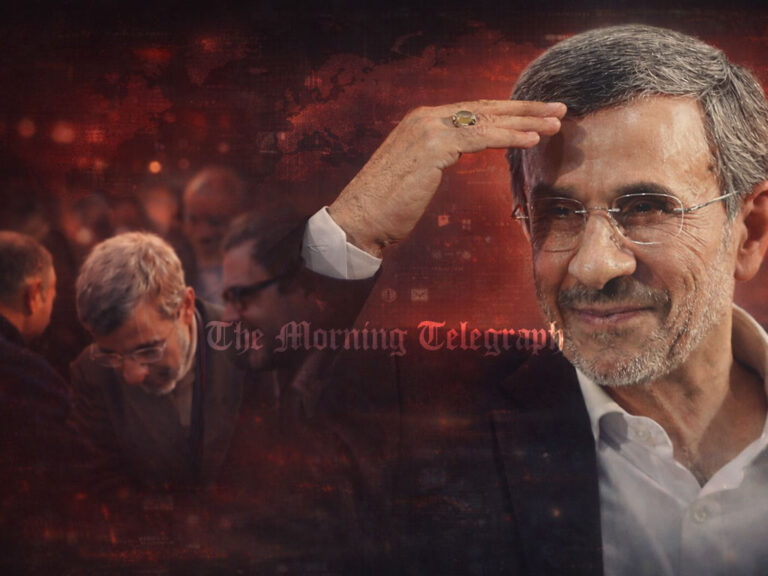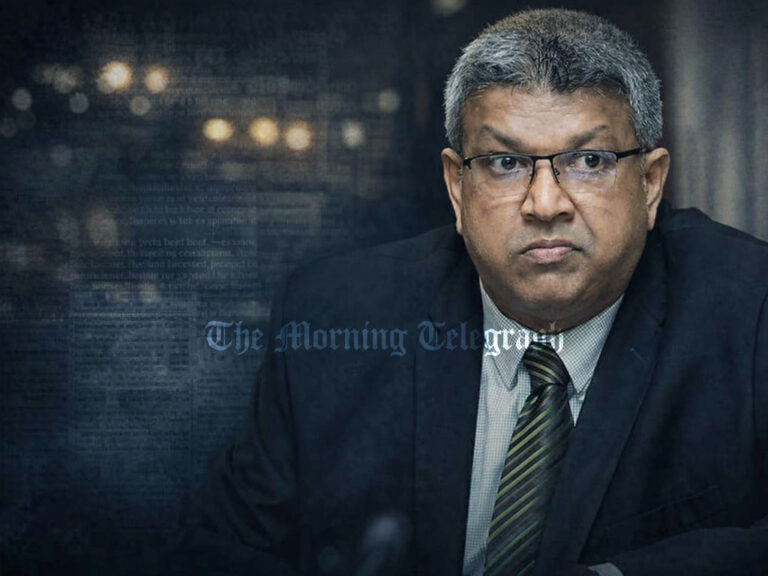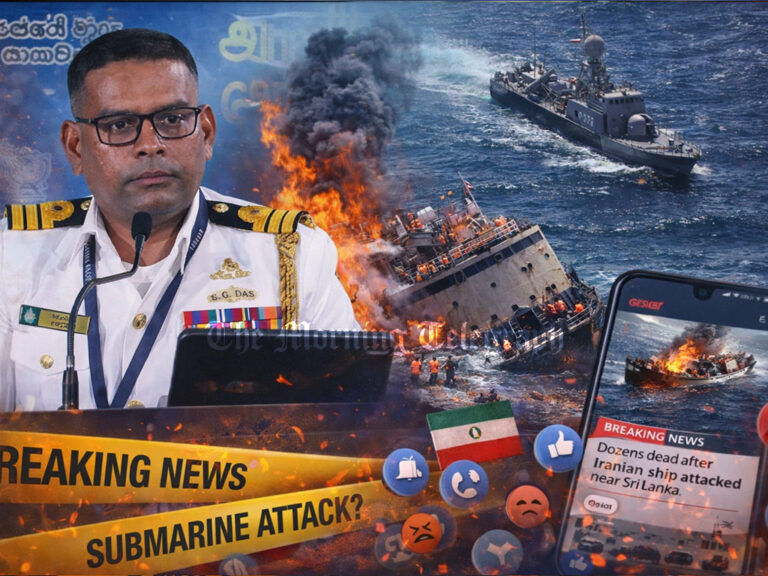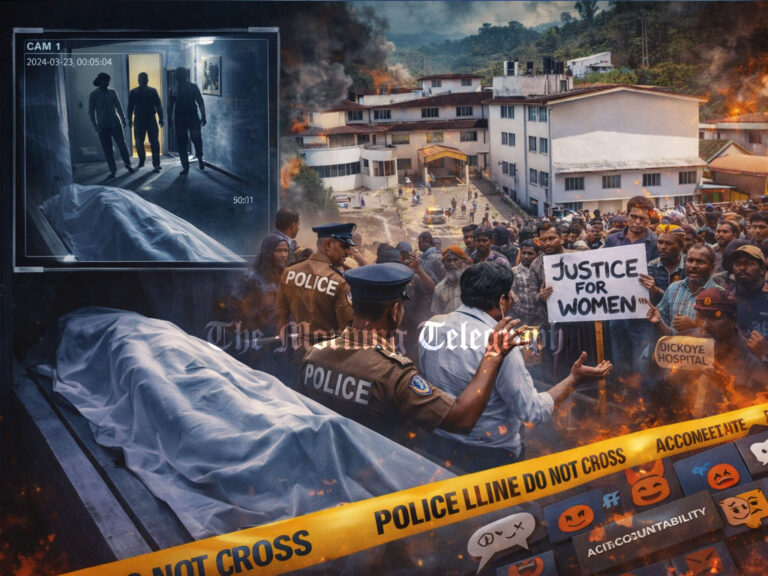
On January 12, 1960, M.H. Mohamed made history by becoming the first Muslim elected Mayor of Colombo. But his rise was more than symbolic—it was the continuation of a political legacy deeply rooted in both civic service and progressive ideals. The Mohamed family had long been active in the Colombo Municipal Council, dating back to colonial times. M.H. Mohamed’s grandfather, M.D. Abdul Rahman, was a member of the 1876 Legislative Assembly. His sons and grandsons continued that tradition, resisting colonial dominance and aligning with left-wing politics.
From these ideological foundations, M.H. Mohamed emerged as a unifying figure across ethnic and religious lines. His early political guidance came from strong leftist ties—his father, N.M.M. Hanifa, was part of A.E. Gunasinghe’s Ceylon Workers’ Party, which also nurtured leaders like Ranasinghe Premadasa and V.A. Sugathadasa. Though aligned with the left, Mohamed was eventually brought into the United National Party (UNP) fold through the efforts of leaders like Dudley Senanayake and J.R. Jayewardene, who were looking to rebuild after the UNP’s 1956 electoral collapse.
While V.A. Sugathadasa became Mayor, Mohamed became a powerful figure within the Colombo Municipal Council and earned strong grassroots support, especially from working-class communities in Maligawatte. His record was unmatched: from 1947 to 1965, he never lost an election. In 1965, he was chosen to contest the Borella parliamentary seat against the formidable leftist Vivian Gunawardena—and won. He went on to serve in key cabinet posts including Minister of Labour, Employment and Housing, and later, Minister of Transport.
Mohamed’s rise signaled a shift within the UNP. Under leaders like D.S. Senanayake, the party had made strides to be more inclusive, empowering Sinhala-speaking Muslim leaders like Baqir Marker, A.C.S. Hameed, and M.H. Mohamed. During the party’s weakest years (1970–77), Mohamed aligned with Dudley while Hameed supported J.R., yet both men were instrumental in reunifying the UNP.
Prior to the 1977 election, J.R. Jayewardene offered Hameed a remarkable choice: “Tell me which ministerial post you want—I will give it to you.” Hameed chose the foreign ministry, and upon J.R.’s victory, he was appointed. Later, under President Premadasa, Hameed served as a peace envoy, negotiating with the LTTE’s Prabhakaran and mediating with the JVP through the Inter-University Students’ Federation.
However, by 1994, following the assassination of Gamini Dissanayake, a leadership rift emerged within the UNP. It was Hameed who negotiated the compromise that gave Gamini’s widow the presidential candidacy and Ranil Wickremesinghe party leadership. But years later, the Mohamed, Hameed, and Marker families felt marginalized under Ranil’s leadership. Some argue that had leaders like Mohamed remained prominent, the UNP might not have declined.
Today, as Sri Lanka faces political fragmentation and deepening ethnic divisions, Samagi Jana Balawegaya (SJB) leader Sajith Premadasa is turning to history for inspiration—by cultivating a new Muslim leader in the tradition of Mohamed and Hameed: Dr. Ruwais Hanifa, M.H. Mohamed’s grandson.
Unlike his grandfather, Hanifa first pursued a career in medicine. A respected doctor and academic, he has served as president of the Sri Lanka Medical Association, vice president of the Sri Lanka Professionals Association, and held international roles with the WHO and UN during the COVID-19 pandemic. Known for his bravery during the war, Hanifa provided medical care in the North, crossing into conflict zones to serve both military personnel and Tamil civilians. He has also been a strong advocate for public health in Colombo.
Though Mohamed remained in parliament until 2010, Hanifa stayed out of politics—until 15 years later, when Sajith Premadasa invited him into public life. Had he followed his grandfather’s path directly, he might have entered much earlier.
M.H. Mohamed was affectionately called “Sinhala Mohamed” in Colombo. His initiative to provide free bus transport for Buddhist children attending Dhamma schools earned him the deep respect of the clergy. His legacy was one of unity, service, and progressive politics.
Today, Sri Lanka needs not only more “Sinhala Mohameds” but also peace envoys like Hameed. And it is into this fractured political climate that Dr. Ruwais Hanifa now steps forward.
Will he be the next Mayor of Colombo?




